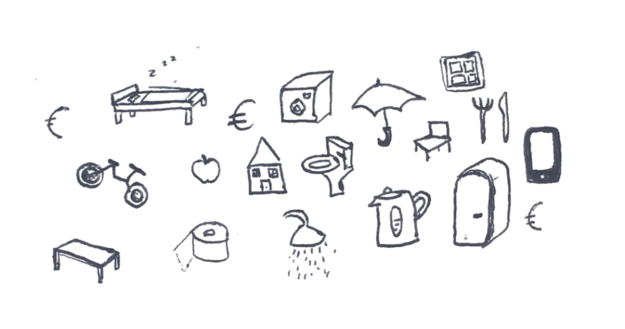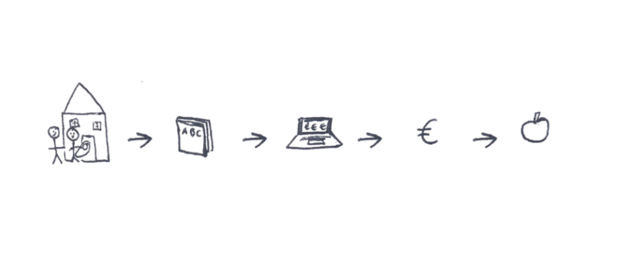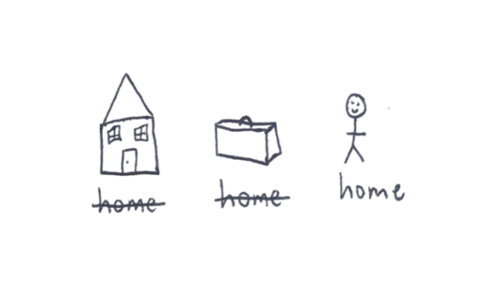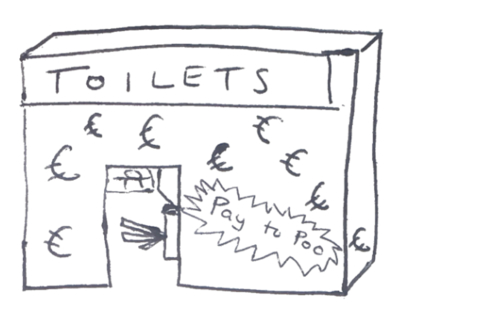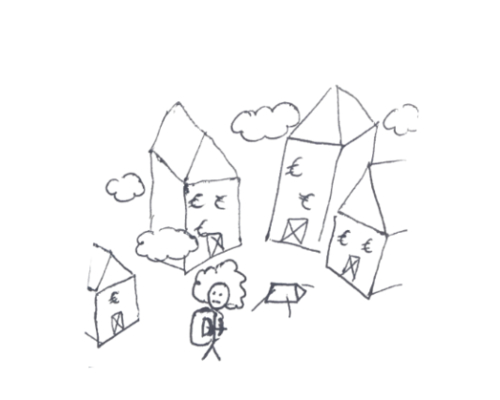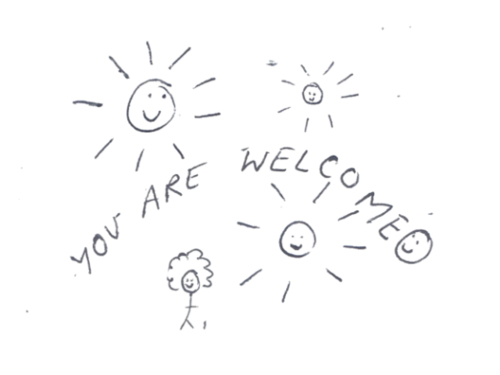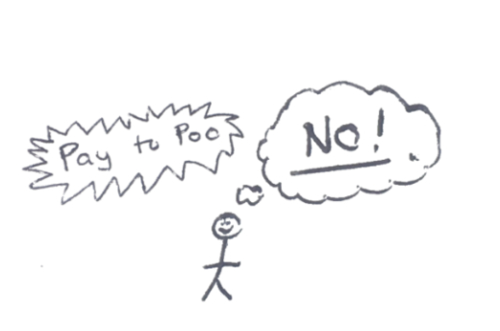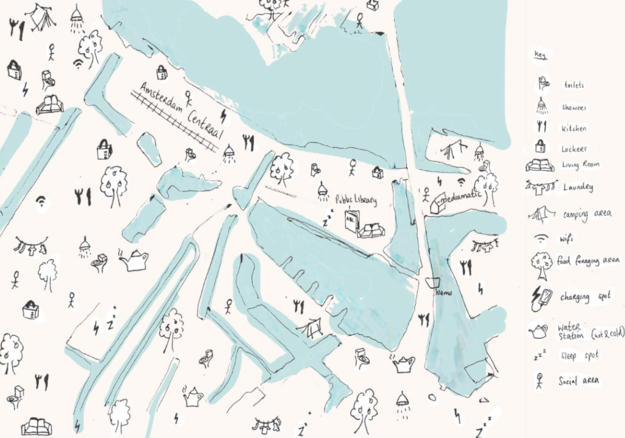What do we need?
we all have needs, and we each need to meet them. needs are essential actions we must do if we want to continue living. things like eating, drinking, sleeping are essential for us to survive, while community, love and safety are necessary for us to thrive.
when we meet our needs, our quality of life improves. we feel connected to ourselves, and can live in harmony with our community and environment. access to health care, good quality food, education, feeling safe, being clean, having community and a sense of purpose are all extremely important. yet, for some reason, these essentials are becoming increasingly harder to access for many.
in the loud chaos of the city, it’s easy to feel we don’t have time to slow down and listen to ourselves and what we truly need. unmet needs, as quiet as they may be, bring with them loud consequences. we find ourselves ill, addicted, in pain and stuck, often turning to easily accessible comforts serving as substitutions. in our attempt to meet our needs, we find ourselves numb and distracted, when deep down what we really need is something entirely different.
meeting our needs is an essential part of all life, but it is no simple act.
tools to live: who has access to them?
cities like Amsterdam bring with them certain prescribed routines. these routines build up to create our culture, and this culture sculpts how we live together.
you get your food from shops, using money you earn from a job, which you acquired thanks to your education and the luck of your birth place and upbringing. you wash in showers inside boxes you rent or own, use toilets, cook in kitchens and sleep in beds. you laugh around tables and spend time with the internet.
all these tools - sofas, showers, beds- are typically exclusive to private spaces, the homes we build if we are able. these homes and facilities are separate from our neighbours, emphasising even more our disconnected ways of living.
the city seems to tell us that the tools we use to live belong in private places, and so there is no need for public places to provide such support.
but what happens if for whatever reason you find yourself in a position where you need to sleep, wash, eat or rest without a private space? how do you meet your needs in a city without a house? this is the reality for many people, whether due to systemic barriers or choice, they have to get creative to meet their needs in a space that doesn’t directly support them to do so.
living in the city without a house
last year I chose to live without my own house for 6 months in the city of eindhoven, on a quest to find more connected ways of living. this experience taught me a lot about the city, the main takeaway being that the city is not welcoming. I had no where I could shower, cook, store my things, rest that was not a private space of a friend.
I am now continuing to live without my own house, and today find myself yet again in eindhoven. i’m in the public library, working on this blog and using the wifi. i didn’t need money to enter the building, but I need to pay 50c if i want to use the toilet. last night I was in another town near by, and I wanted to sleep in my tent. I was afraid of the fine I could face if I pitched it in a public spot, so I walk an hour and pay €18.50 to put it in a campsite for the night. in the morning I put down my tent and walked the hour back to the city. after searching for a public bathroom for a while, I had to ask a kind albert heijn employee if I could secretly use their toilet. (their toilets are for staff only, but they let me) and while I was there I took the opportunity to fill up my water bottle too. for breakfast, I had no access to cooking facilities, so I got a banana and some nuts from the shop and ate that as I sat with the pigeons. i’ve carried all my belongings around with me all day. i’m quite exhausted now, but am grateful that today I will be staying at the home of my lovely friends ingrid and eros. without their welcome, i would have had another exhausting day, trying to meet my needs in a place that doesnt help me to do so.
now let’s imagine an alternative scenario. I am in eindhoven, and for various reasons I don’t have my own house. last night I chose to sleep in my tent in the designated camping area in the forest near the centre. I did not need to pay, only I had to ensure I left the space as I found it, and was respectful of the nature around. in the morning I put my tent down and walked to the public living room where I put my backpack in one of the various lockers that are available. there are bathrooms, showers and changing rooms that anyone is welcome to use. after I got ready, I put some clothes in the laundry machine, and went to the public kitchen. I made myself some porridge, and sat in the space talking to other people in the community while I charged my phone. everyone is welcome to use these services, providing you are respectful and contribute to maintaining the cleanliness and functioning of the space. after breakfast, I clean the dishes and head into the city, where I spend my day contributing and connecting to the world around me, as a kind, clean and well rested member of society ! !!!
whilst writing that, I heard so many voices in my head saying “but that will never work?where will this money come from?how will this space be respected?people would never be able to share spaces in this way” for some reason this kind of structure feels so out of reach in our current culture. then I remember all the other unbelievable things humans have achieved, and now it doesn’t feel so crazy to put a public shower in a city. ( i’d also like to acknowledge that this is not a new idea. many societies have/had public facilities like bath houses / shared laundry facilities and other collective living spaces to perform necessary daily tasks. It’s only in the last century these things seem to have disappeared. I wonder why…? )
this kind of public space would serve all of us, just like the library does. whether you live in the city, or are just travelling through, we would all benefit from places like this.
I just reluctantly walked to the toilet in the library with my 50c coin. I arrived at the entrance, which was blocked by one of those metal turnstile entrance things. there was an electric machine telling me I needed to pay to enter. as i look for a coin slot to give the money, I see In electric letters that you can only pay by card. i laughed, and walked back to my seat to get my purse. I wondered what people without bank cards do, or what i would do if i didn’t have one with me.
I yet again reluctantly walk back to the toilet, this time with rabobank plastic in hand. I try to scan it on the fancy machine. It beeps to tell me the payment didn’t work. I try again a few times, feeling quite confused.
behind me a man joins the queue to the toilet. he notices my confusion, and says something in dutch which I don’t understand. I step back to let him try to enter. he approaches the entrance and completely ignores the pay machine. reaching for the turnstyle, he pulls it slightly towards himself which creates a gap that he then is able to fit through, without paying. we smile at each other as he does it, and I follow his instruction, sneaking through the little gap he’d created. as I enter the toilet cubicle I smile, remembering that whether the city invites us to or not, people are going to find our way to meet our needs.
Alternative ways to meet our needs
I’ve met people who live in the city without money, relying on taking food from shops without paying, or by getting it from supermarket bins. I have friends who live in tents in bushes, or in secret areas of rarely used construction sites. I’ve slept in train station toilets, brushed my teeth in restaurants, chilled in random hotel lobbies and “showered” with the sink in the library. we are a creative and resilient bunch, and we are going to meet our needs in whatever way we can. this kind of “urban survival” way of life can be fun occasionally, but when it is constant, it becomes extremely exhausting and isolating.
What would a welcoming city look like?
to me, a welcoming city could look a bit like this:
A city that supports us to support ourselves. public facilities, accessible to everyone. things like foraging areas, sleeping spots, and cooking spaces would dramatically transform our cities and the way we inhabit them. no matter your financial or social status, you are a part of this community, and you are welcome to live and thrive here.
public facilities would make it easier for us to meet our needs in the city, without so much reliance on private spaces. of course these services are not the answer to all of the social issues of the city, but it would be a step in the right direction. they would serve as supportive places that not only help us meet our needs, but bring people from all parts of society together. a space that invites connection, and in this connection we may encounter opportunities for things to grow and change.
What do we need?
It’s a seemingly simple question, yet has no simple answer.
how might public spaces better support us to meet our needs?
my proposal of more public facilities is about more than just the practicality of having access to things like toilets and showers. a welcoming space may pave the way for welcoming culture. a collective shift in mindset, moving towards a place where we live together and support each other to support ourselves. replacing scarcity with abundance, fear with love and separation with connection.this feels like what we need. or at least that’s what I need.
what about you?
what do you need?
—-
and so we come to the end of this 3 part blog series within which I have shared my experience and thoughts that emerged from my 30 day residency at mediamatic.
now, i’d love to hear your thoughts.
what do we need?
About the Artist
Sophie Conroy is an artist and embodied researcher. She uses her life as a tool to test different ways of living, creating conditions to explore the unknown and learn more about the world and the self. This includes her research on houseless people and being home/house-less. Ultimately, Sophie explores the question: what do we really need?
Visit her website at: https://sophieconroy.com/
